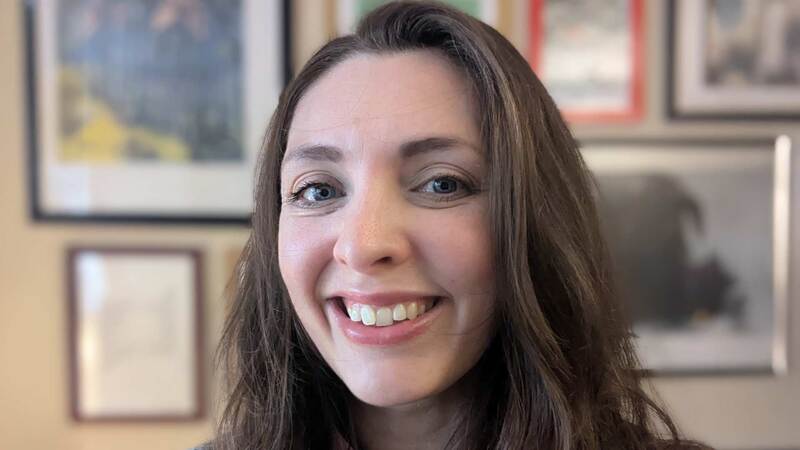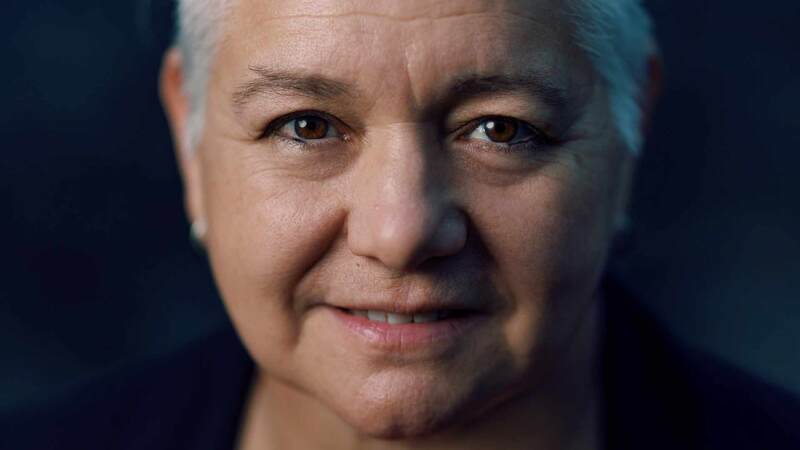You are viewing your 1 free article this month. Login to read more articles.
Feminist fiction tops the bill at Olympia
Historical and dystopian fiction tapping into conversations around feminism and the #MeToo movement were the hot manuscripts going for big money at this year’s London Book Fair. One such title, The Illness Lesson by Clare Beams (pictured), went for a six-figure sum in the US as The Bookseller Daily went to press, with Doubleday’s Lee Boudreaux scooping North American rights.
Billed as "a novel about women’s bodies and women’s minds, and the way each has of haunting the other", UK rights to the novel are on submission, with several editors enthused. It’s set in 1871 in a Massachusetts girls’ school, where students begin to develop strange symptoms and turn to a sinister physician who claims to have a cure.
The deal follows Chandler Baker’s The Whisper Network, about four women’s take-down of a sleazy male c.e.o., won by Sphere; Vardø, Kiran Millwood Hargrave’s witch trial-inspired tale of an all-female fishing island, won by Picador; Joanne Ramos’ speculative novel The Farm, which feeds into conversations around ownership of women’s bodies (pre-empted by Bloomsbury); and After the Flood, Kassandra Montag’s tale of a mother’s fight to find her daughter, which went to HarperCollins.
Katie Brown, commissioning editor at Trapeze, said: "All the big books are coming out of the US, and are all in the vein of The Handmaid’s Tale: dystopian and feminist. These are the books everyone is talking about. I think it is in response to the #MeToo movement, which is not going anywhere. Books with strong female characters are really popular, and are selling extremely well."
Sphere commissioning editor Viola Hayden agreed that feminist titles were breaking into the mainstream. "Near-future dystopias, our #MeToo times...These books are timely, thought-provoking and utterly compelling. It’s exhilarating to see feminist fiction moving into the commercial sphere," she said.
Also capturing the zeitgeist are books unpacking some of the darker implications of Artificial Intelligence, editors said. "There is an increased interest in futurism—I think because of the Cambridge Analytica stuff and worries about technology. People are more worried about AI and the implications of that... driverless cars, for example," said Oliver Holden-Rea, senior editor at Blink Publishing.
Sphere Fiction publisher Cath Burke said there had been "good energy" at this year’s LBF. "There have been exceptional submissions; incredible reading. It’s been really exciting. Fiction feels like a lively space right now," she said.



















